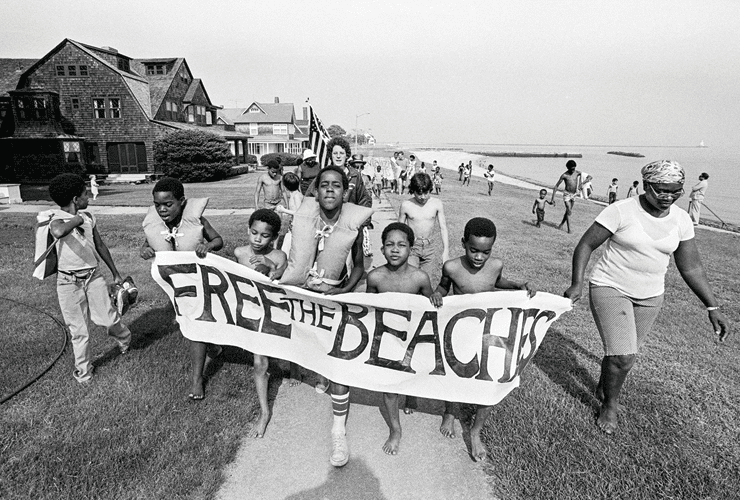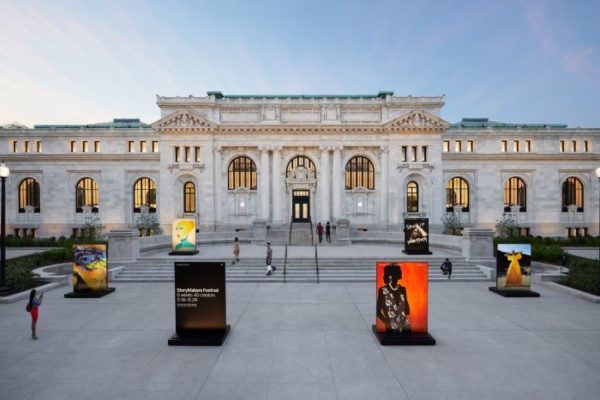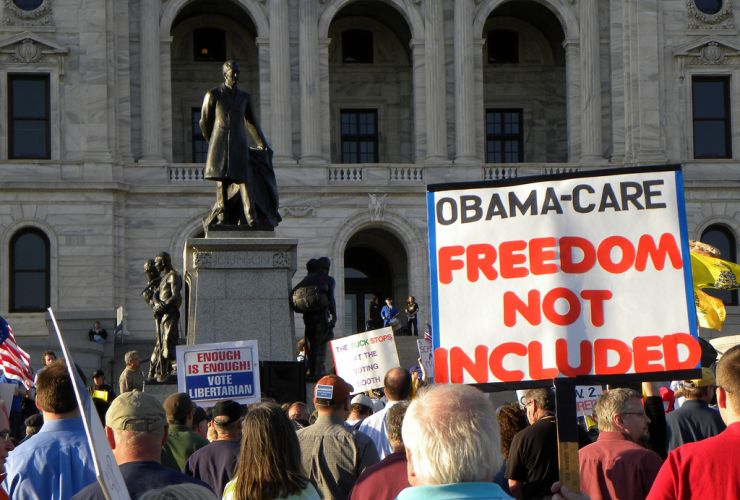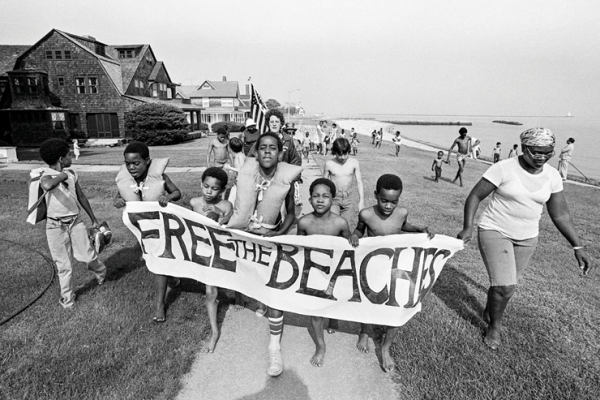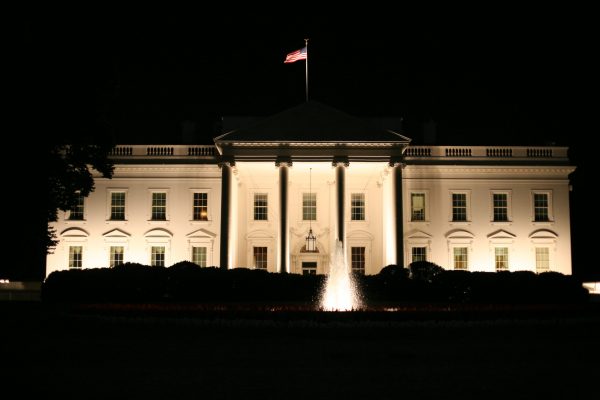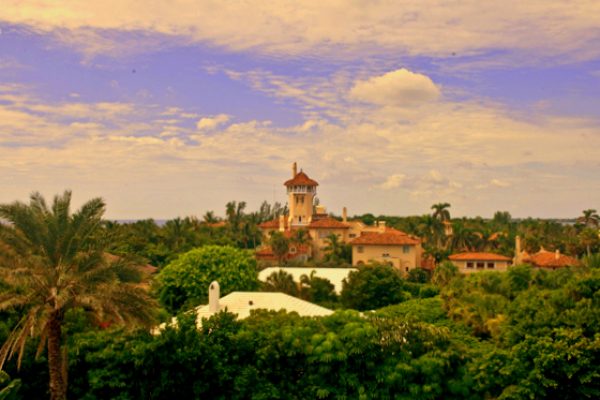From Pavarotti to the New York Philharmonic to mass with Pope John Paul II, the Great Lawn in New York City’s Central Park has played host to variety of important events—all public, and all free.
But that all changed last weekend when “OZY Fest” moved in. Promising discussions with Beto O’Rourke and Megan Rapinoe, OZY Fest bills itself as an event where the audience is part of the conversation—not just an attendee.
Despite this inclusive rhetoric, tickets reached $400—betraying the park’s public function and its status, as our editor-in-chief Josh Cohen remarks, as one of the “country’s truly great public goods.” Indeed, when the event was cancelled last minute due to the extreme heat, New Yorkers rejoiced.
Today’s reading list uses OZY as its inspiration to focus on the pervasive privatization of public spaces. From beaches in Massachusetts to libraries in Washington D.C., historic spaces once open to the commons are increasingly closing their doors, and creating problems for our democracy.
—Rosie Gillies
Forum
The silent theft of our shared assets and civic inheritance need not continue.
Forum
American beaches used to be common property. Now access to many of them is controlled by wealthy whites.
Opting out, as Trump has done with the White House, is a neoliberal habit. But who bears the cost?
Mar-a-Lago is the apotheosis of the Florida Dream in which wealthy interests degrade the environment and hollow out prospects for the poor. But as Hurricane Irma shows, this dream was never sustainable.
